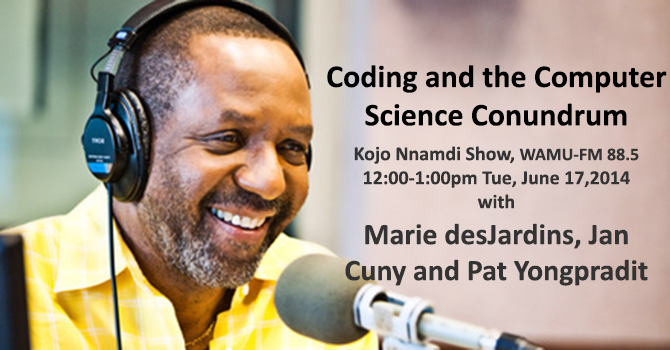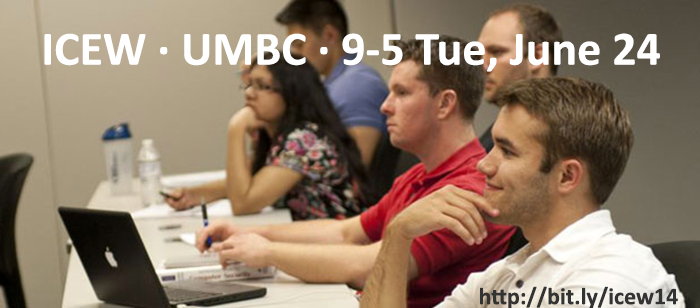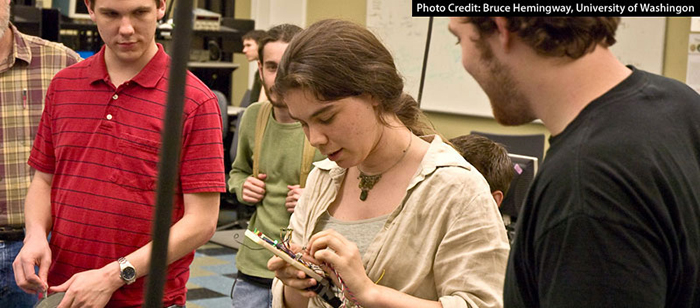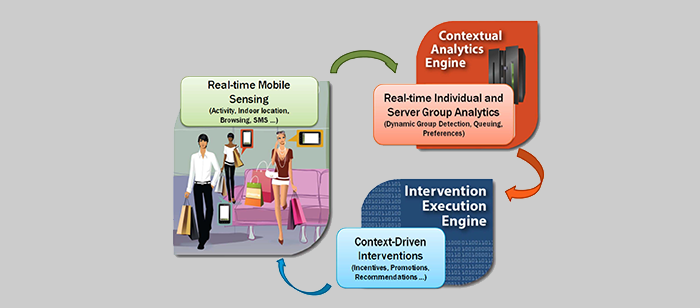
UMBC was cited as a university with one of the “Top 15 Affordable Computer Science Degree Programs“. The program came in as number ten based on five key points of comparison extracted from several data sources.
“We’ve identified five key points of comparison that will enable prospective students to see differences and similarities between what are the top schools, and what are the accessible, affordable, but still high quality options. The five data points are Acceptance Rate, Graduation Rate, Recognition, Tuition, and Return on Investment. The schools are listed in order of least to greatest return on investment, because this will allow students to see what they can expect in terms of the economic value of their education. For information about sources, see the note at the end of this article.”
UMBC offers a broad range of strong undergraduate and graduate degree programs in the computing disciplines including computer science, computer engineering, cybersecurity, electrical engineering, information systems, human-centered computing, healthcare information systems, and bioinformatics. These programs currently have more than 3,000 students enrolled. Together, they give rise to an intellectually rich and diverse community of faculty, staff and students supported by a world-class computing infrastructure.






